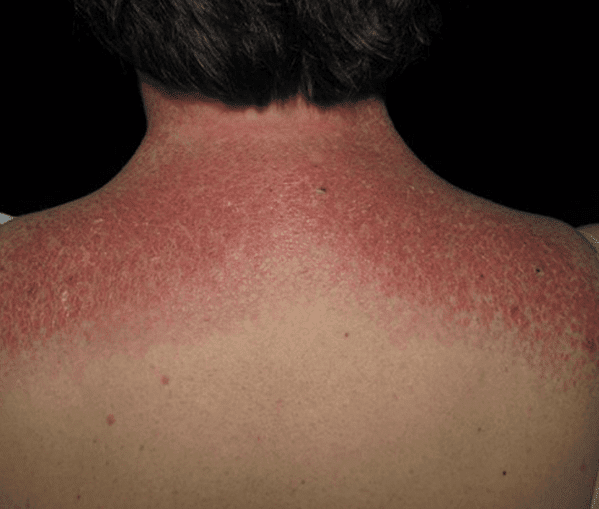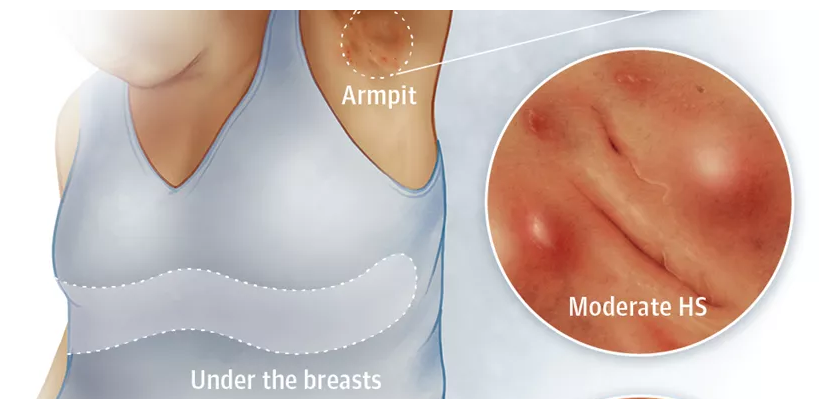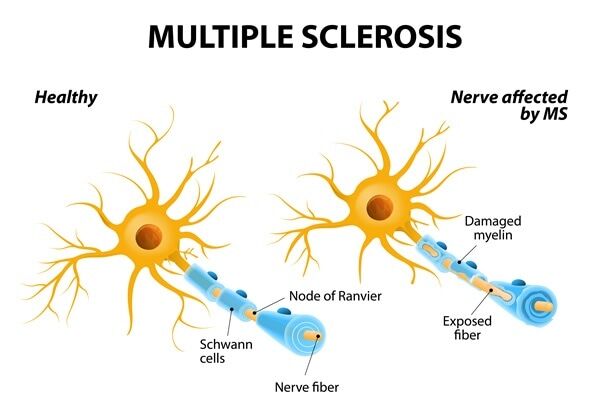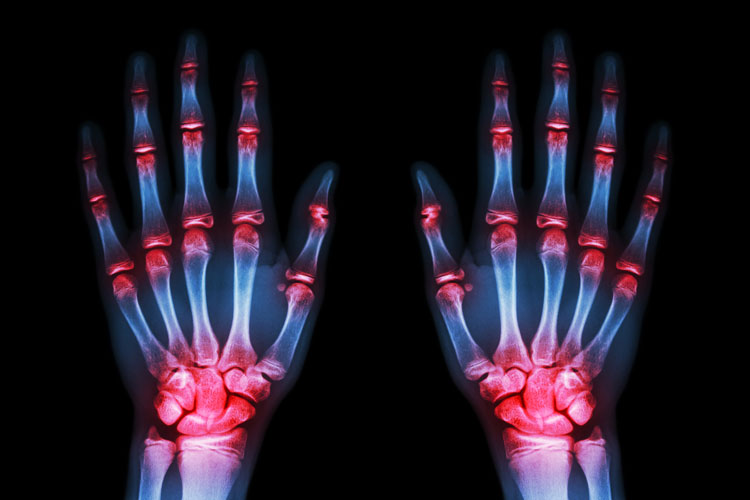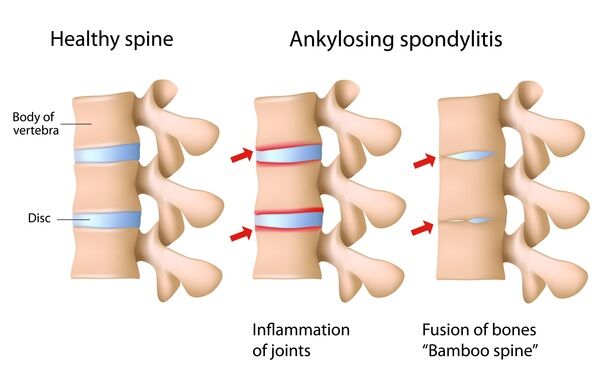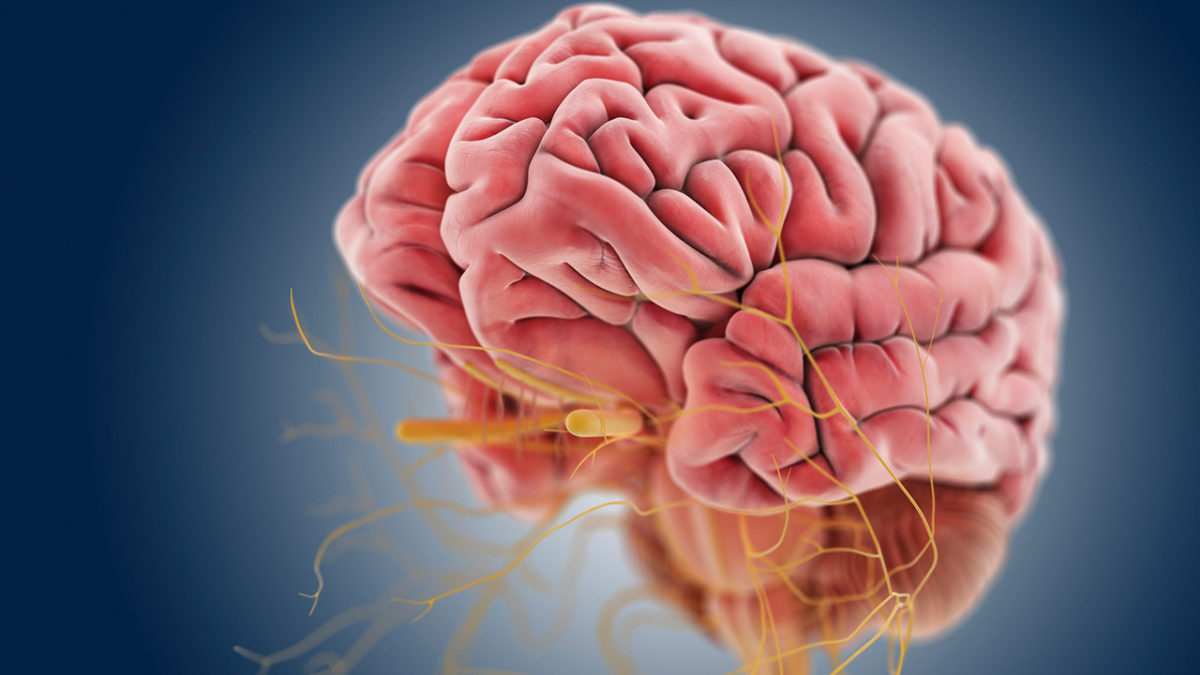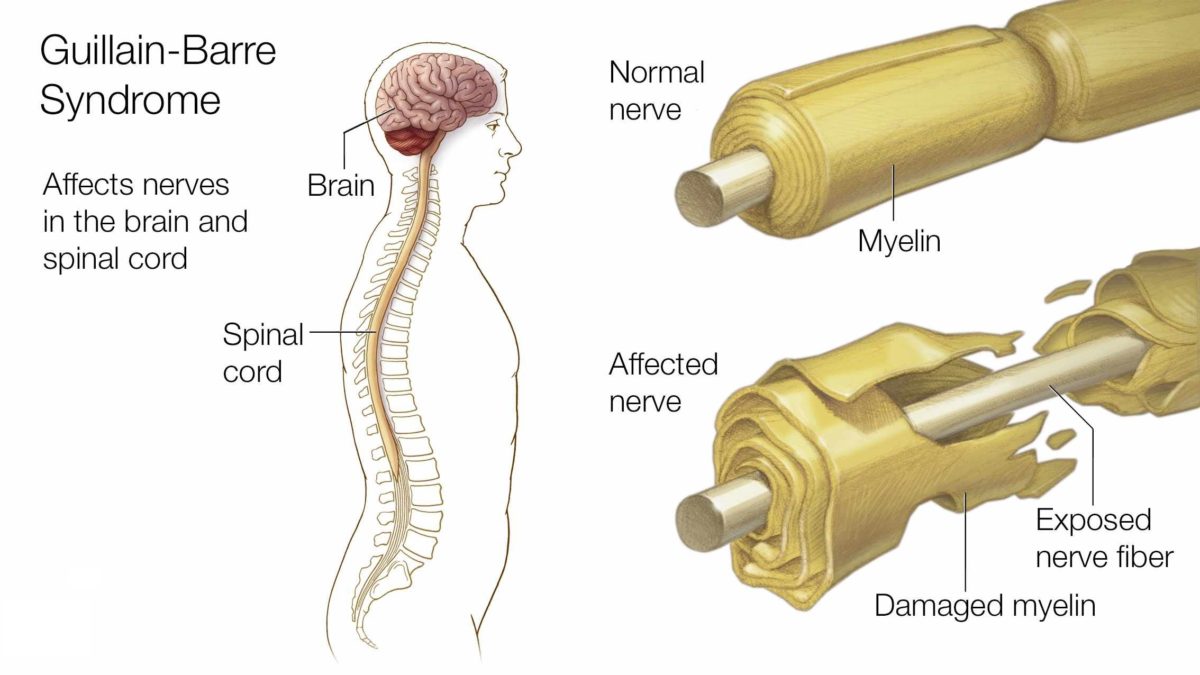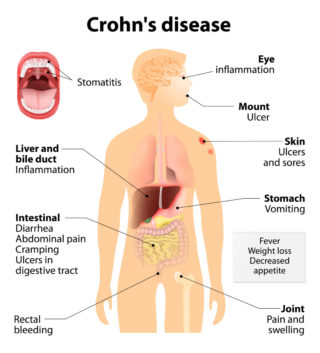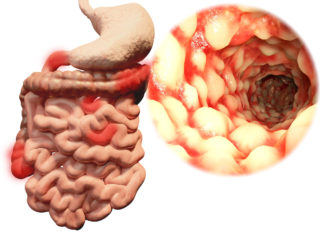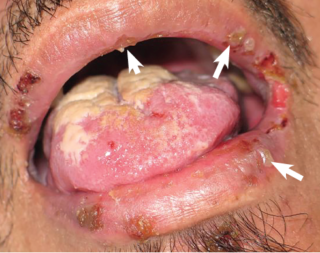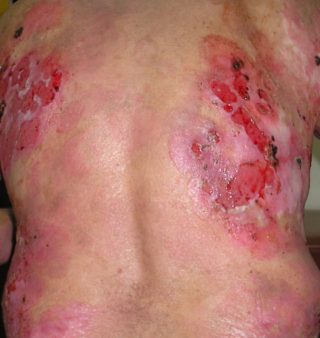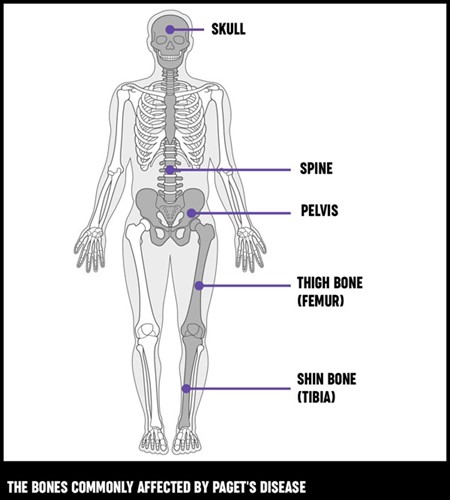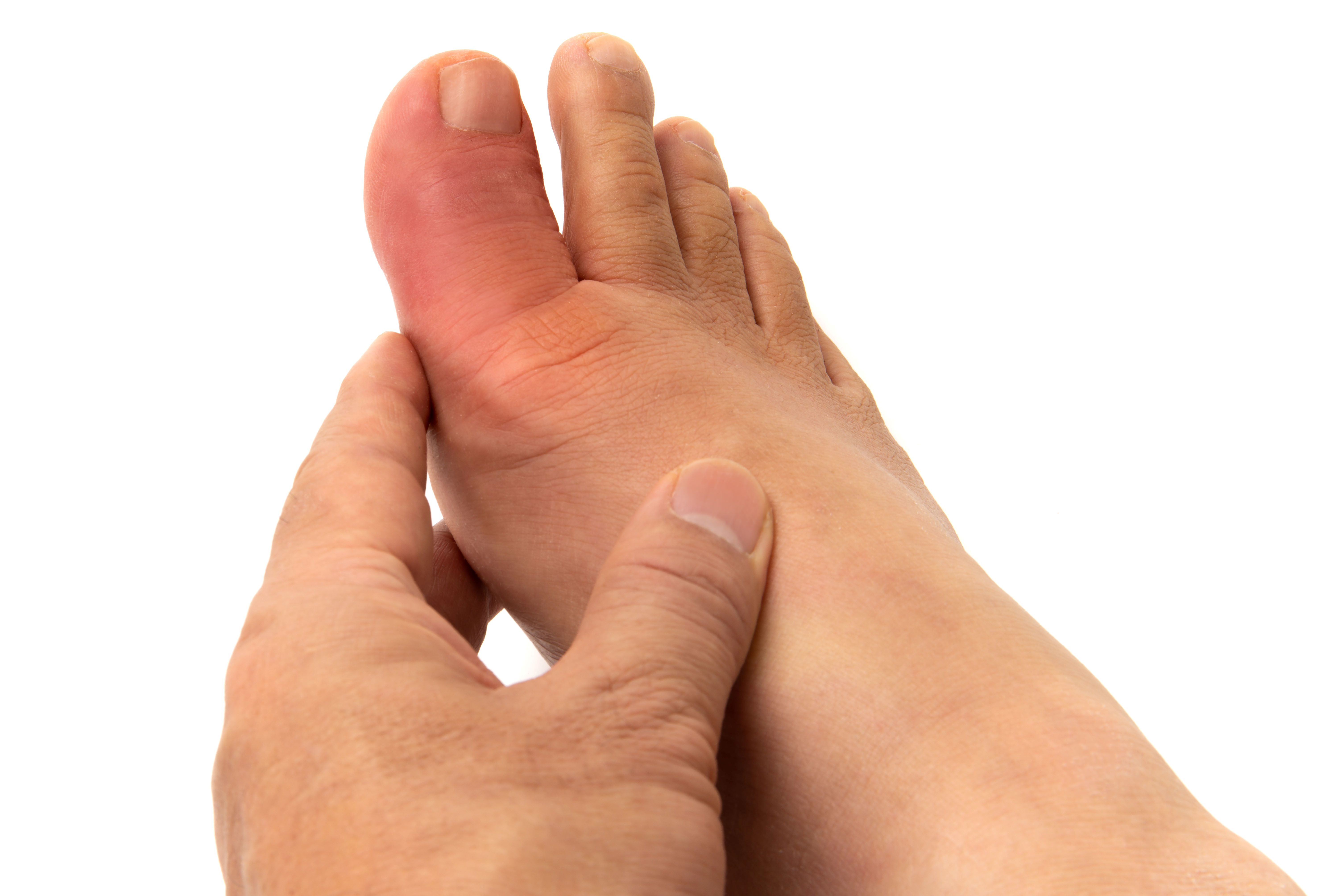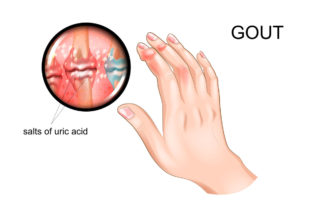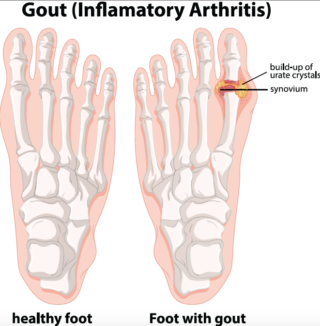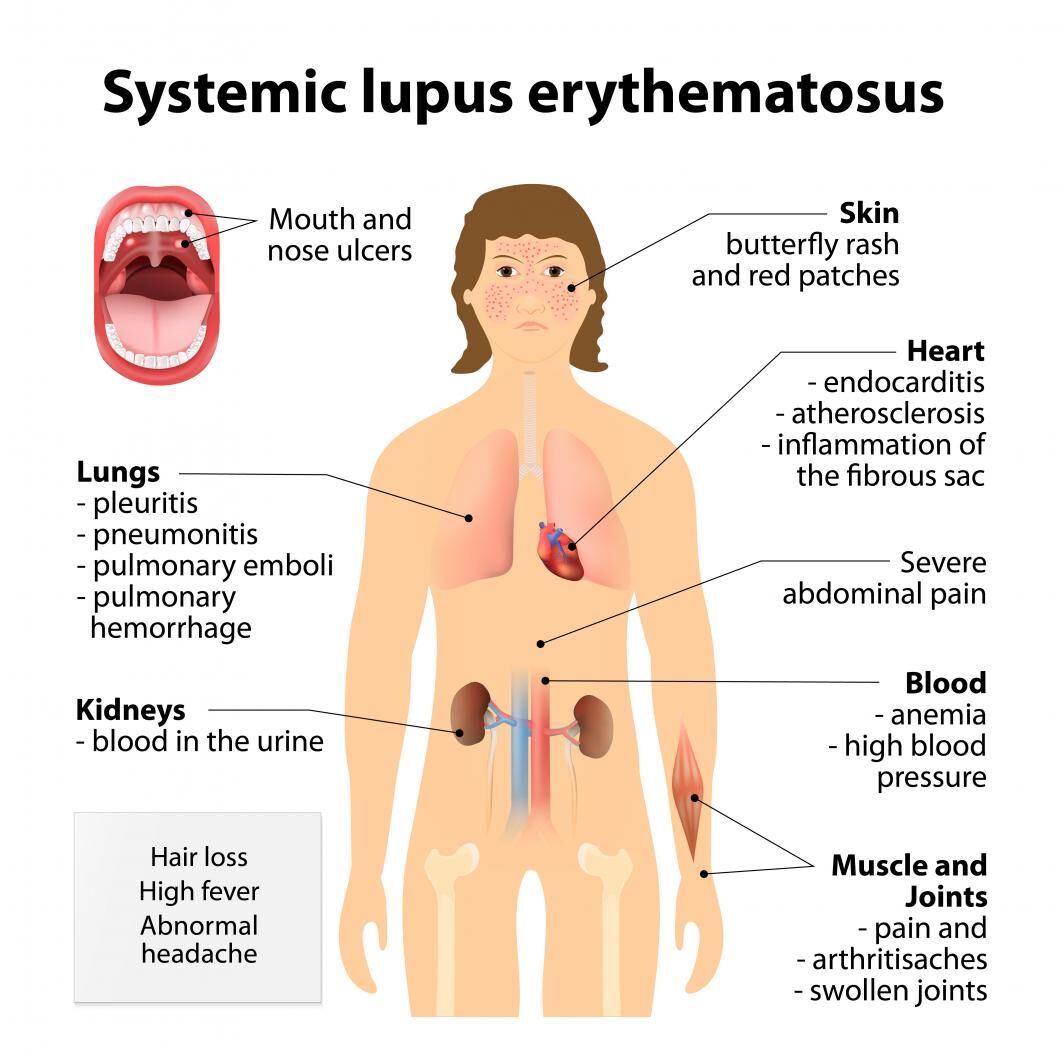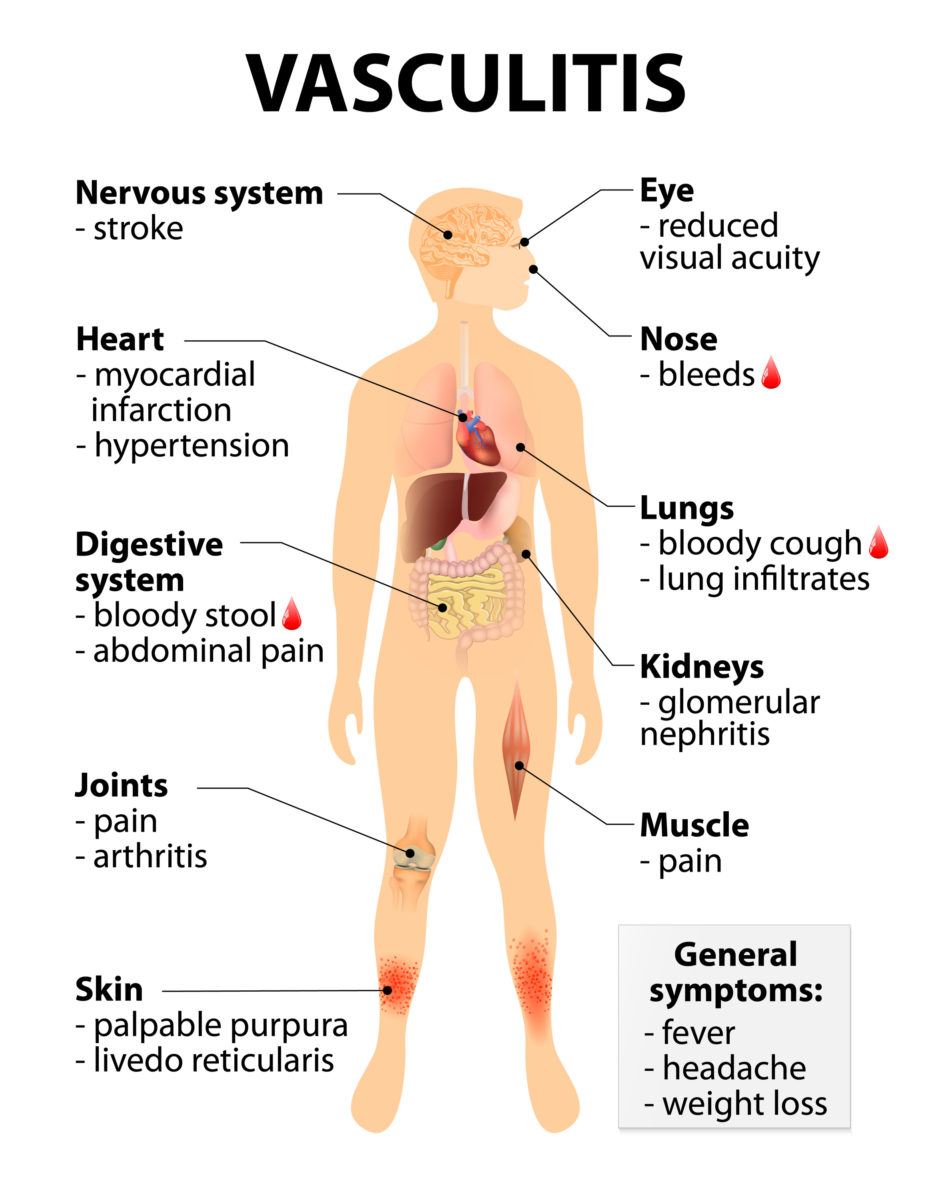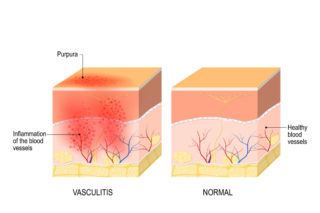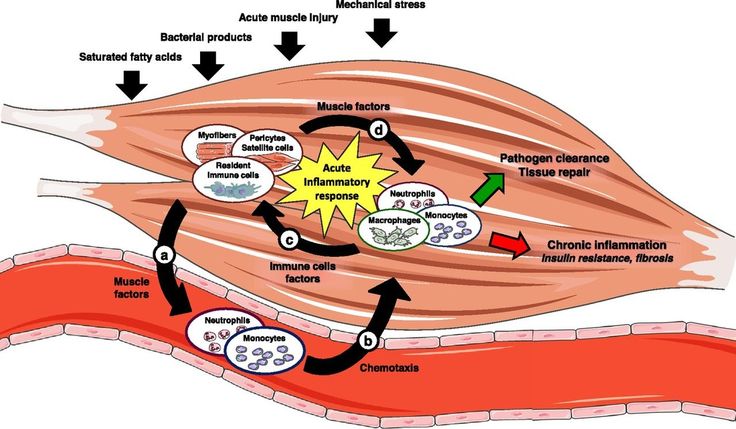ULCERATIVE COLITIS
Ulcerative Colitis is a type of inflammatory bowel disease that causes inflammation and ulcers on the inner lining of the large intestine or colon and differs from Crohn’s Disease which can affect any section of the digestive tract. Ulcerative Colitis is the ulceration of only the lining of the colon which presents as tiny open sores that produce pus and mucous. Crohn’s Disease can affect all layers of the bowel. Both of these conditions fall under inflammatory bowel disease.
For those with either Ulcerative Colitis or Crohn’s Disease, the body’s own immune system responds to food, bacteria, or other materials in the intestine as an invading substance. This triggers the inflammation process and ulcerations.
For more information on Ulcerative Colitis, visit the Crohn’s & Colitis Foundation at crohnscolitisfoundation.org.
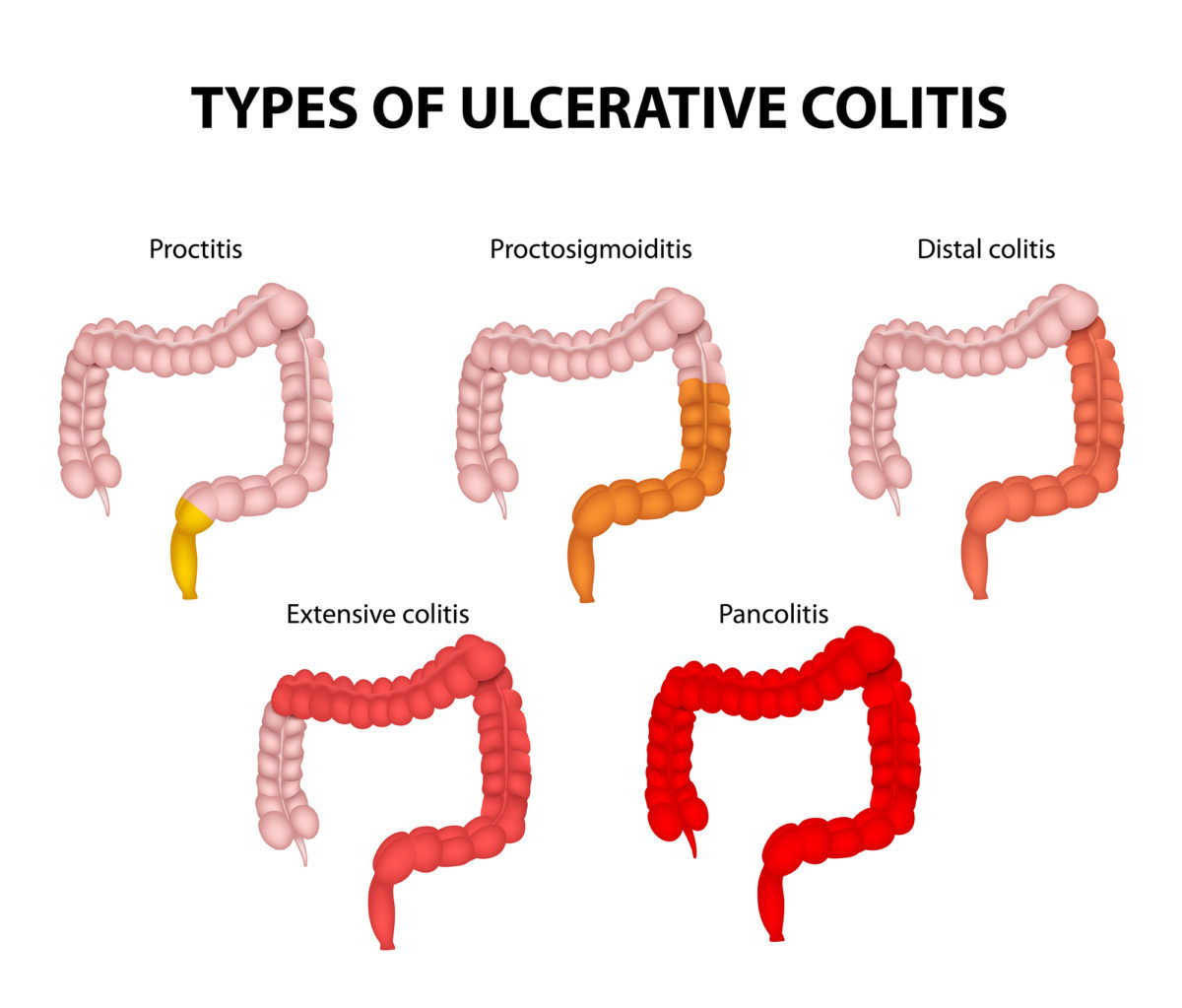
Symptoms of Ulcerative Colitis:
Ulcerative colitis symptoms can vary, depending on the severity of inflammation and where it occurs. The most common symptoms are diarrhea with blood or pus, and abdominal discomfort. It often begins gradually and can become worse over time, though there may be periods of remission that can last for weeks or years.
Other symptoms include:
- Rectal pain
- Rectal bleeding — passing small amount of blood with stool
- Urgency to defecate
- Inability to defecate despite urgency
- Weight loss
- Fatigue
- Fever
Diagnosis of Ulcerative Colitis:
To confirm a diagnosis of Ulcerative Colitis, your medical professional may request one or more of the following tests and procedures:
- Blood tests
- Stool sample
- Colonoscopy
- Flexible sigmoidoscopy (to examine the last portion of your colon)
- X-ray
- CT scan
- Computerized Tomography (CT) enterography and magnetic resonance imaging (MRI) enterography. Used to evaluate bowel wall features of both upper and lower gastro-intestinal tract
Treatment of Ulcerative Colitis:
Most individuals with ulcerative colitis have mild to moderate symptoms. The course of ulcerative colitis may vary, with some people having long periods of remission. Treatment usually involves drug therapy including biologic injections and infusions or surgery.
The drugs that work well for some people may not work for others, so it may take time to find the medication that you are most responsive.
AZIV Infusion provides the following biologic injections and infusions in a convenient and comfortable setting for patients seeking treatment for Ulcerative Colitis:


